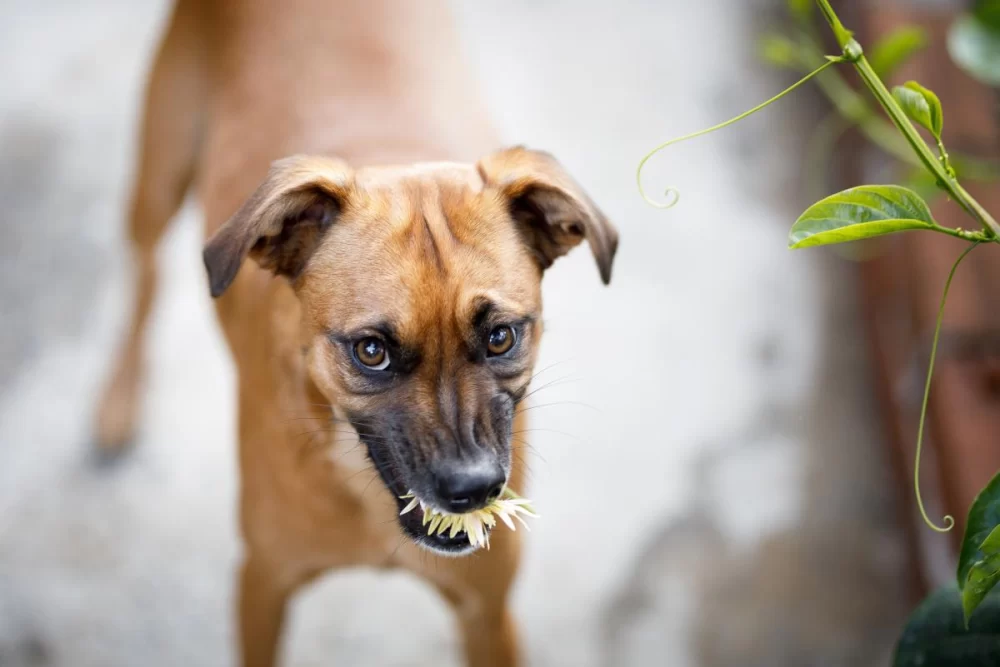How to Stop a Dog from Eating Everything Off the Floor

Related Articles

How to Identify if Your Dog Has Arthritis and What You Can Do About It
Feb 10, 2026

How to Feed Multiple Pets Without Fighting: Tips for Managing Mealtime Harmony
Feb 10, 2026

Why Cats Hate Water Baths: Understanding Your Feline’s Reaction
Feb 09, 2026

How to Spot Pain in Your Dog: Signs Every Owner Should Know
Feb 09, 2026

How to Spot Early Signs of Diabetes in Pets: What Every Pet Owner Should Know
Feb 08, 2026

Why Some Dogs Are Fearful of Groomers and How to Help Them
Feb 08, 2026

How to Choose the Right Brush for Your Pet’s Coat: A Complete Guide
Feb 07, 2026

How to Recognize and Treat Eye Infections in Pets
Feb 07, 2026

How to Help Pets With Grooming Sensitivities: Tips for a Comfortable Experience
Feb 07, 2026
Subscribe to Our Newsletter
Get weekly pet care tips, vet-approved advice, and updates on nearby pet stores and clinics.
